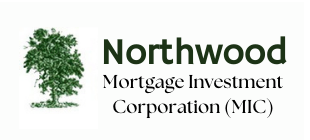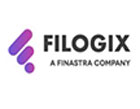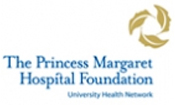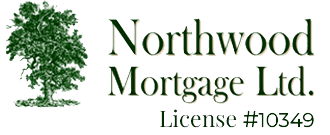Although mortgage translations are less than obvious, it’s palpable that most Canadians demand an elevated level of clarification when it comes to the pivotal commitment. A genuine comprehension of mortgage systems is trying enough, and when combined with deciphering a plethora of terminology, the task to many seems daunting. One strong example is distinguishing conforming loans from non-conforming loans. Getting it straight, once and for all, is vital.
Conforming Loans
A conforming loan is indicative of loan limit restrictions and, simultaneously, a number of unique preconditions are enforced. The Federal National Mortgage Association (FNMA or Fannie Mae) and Federal Home Loan Mortgage Corporation (FHLMC or Freddie Mac) are government-sponsored entities that prompt and administer the market for home loans. These agencies have definitive protocols and decrees that mortgages must observe. Statutes describe and define maximum loan amounts, advisable properties, preconditions for down payments, and credit stipulations to name a few. In essence, there are a plethora of details that are premeditated, which ultimately are most advantageous and unique to you and your capacities.
The fundamental appeal of a conforming loan is that they award a lower interest rate, analogous to non-conforming loans. This constitutes lower monthly mortgage payments and, ultimately, less spending throughout the life of your investment.
Non-Conforming Loans
A non-conforming loan does not observe Fannie Mae or Freddie Mac and, consequently, cannot sell to these divisions of government. Judged as tricky and encompassing a higher level of risk, they are a challenging sell with banks imposing higher interest rates. In essence, banks write the bulk of mortgages, then conclusively settle on the portfolios of FNMA or FHLMC after being purchased from financial institutions. They are then packaged into mortgage-backed securities (MBS), which sell on the secondary market. An MBS is quite akin to a bond that is comprised of an array of purchased home loans from banks, also receiving payments reflective of bond coupons.
Non-conforming “jumbo loans” include any lending above the conforming limit; these loans are geared toward high-income earners who have good credit and productive assets. Lenders will characteristically assume a more significant risk with these mortgages by virtue of the loan size and lack of government insurance.
The appeal of a non-conforming loan is very clear cut. Although these types of loans are substantially riskier and less prevalent, they allow you to borrow more sizeable amounts, not feasible with their counterpart conforming loans. Typically, to diminish any hazard, lenders demand a significant down payment or require mortgage payments in an asset account for added security. The risk to the lender is offset through generally higher interest rates, more sizable upfront fees, and stricter underwriting requirements.
From the sale of mortgages, financial institutions use the profit of sales to invest in offering new loans at the current interest rate. But Fannie Mae and Freddie Mac are restricted from purchasing indiscriminate mortgage products. Their federal rules conform to loans synonymous with protection and security. They are most advantageous to banks, as they are sales that are deemed less complicated and conclusively more appealing to borrowers.
Our expert team at Northwood Mortgage™ has many more answers to simple or more intricate mortgage questions, and we look forward to connecting with you. As one of the most venerated brokerages in the GTA, our team exemplifies prized services and choice products to our clients, lenders, and investors alike.
We invite you to visit us for more insight at Northwood Mortgage.com or talk to us one-on-one for a more personal assessment, fitting your needs, at 1-888-495-4825.






































